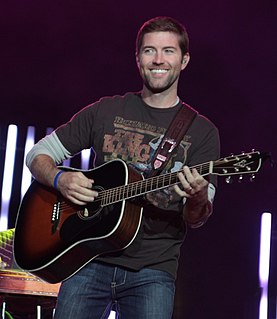A Quote by Michael Moore
We like nonfiction, and we live in fictitious times.
Quote Topics
Related Quotes
We live in the time where we have fictitious election results that elects a fictitious president. We live in a time where we have a man sending us to war for fictitious reasons. Whether it's the fictition of duct tape or fictition of orange alerts we are against this war, Mr. Bush. Shame on you. Mr. Bush, shame on you. And any time you got the Pope and the Dixie Chicks against you, your time is up.
I think, about the distinction between fiction and nonfiction. Fiction is not really about anything: it is what it is. But nonfiction - and you see this particularly with something like the BBC Samuel Johnson Prize for Non-Fiction - nonfiction we define in relation to what it's about. So, Stalingrad by Antony Beevor. It's "about" Stalingrad. Or, here's a book by Claire Tomalin: it's "about" Charles Dickens.
The banks themselves were doing business on capitals three-fourths of which were fictitious. This fictitious capital... is now to be lost, and to fall on somebody; it must take on those who have property to meet it, and probably on the less cautious part, who, not aware of the impending catastrophe, have suffered themselves to contract, or to be in debt, and must now sacrifice their property of a value many times the amount of the debt. We have been truly sowing the wind, and are now reaping the whirlwind.
As I started to read nonfiction in the mid '70s, I discovered, holy cow, there was a lot of imaginative nonfiction. Not the kind where people use composite characters and invented quotes. I hate that kind of nonfiction. But imaginative in the sense that good writing and unexpected structure and vivid reporting could be combined with presenting facts.


































